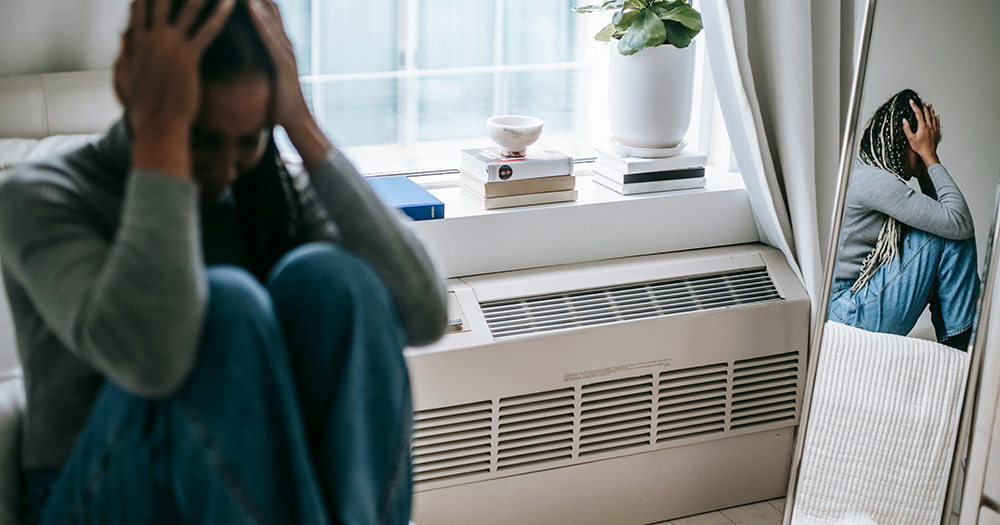Content warning: Mentions of eating disorders and attempted suicide.
February 24 to March 2 marks Eating Disorders Awareness Week 2025. With ‘All Stories Matter’ being this year’s theme, the occasion provides space for sharing and listening to people’s experiences, whether they’ve faced an eating disorder themself or have supported someone through their journey. Multiple studies have shown that LGBTQ+ individuals, particularly teenagers and young adults, are at greater risk of having an eating disorder than their cisgender, straight peers, and it’s important to know that support is available.
According to Belong To’s 2024 Being LGBTQI+ in Ireland report, 41% of the 2,800 people surveyed showed indications of having a potential eating disorder. This was even higher among trans and gender non-conforming respondents at 50%.
One of the participants, a 23-year-old gay man, was quoted in the report as saying: “Body image has slowly become more and more of an issue for me. I’m a skinny guy. I feel like I’m looked at as a kid. There are so many muscular gay guys that go to the gym regularly and I’m finding myself envious of them… I look at my body and I tell myself it’s worthless.”
These findings are similar to those from the Trevor Project’s 2021 National Survey on LGBTQ Mental Health in the US. The organisation found that 9% of LGBTQ+ people aged 13 to 24 had been diagnosed with an eating disorder, with a further 29% saying they suspected they could have one.
Trans boys and men and non-binary people assigned female at birth reported the highest rates of all groups surveyed. This could be due to multiple factors, including body image issues, limited or no access to gender-affirming care and more.
Meanwhile, native/indigenous and multiracial LGBTQ+ youth additionally reported more eating disorder diagnoses than any other races or ethnicities.
These findings are particularly concerning because, according to the Trevor Project’s survey, LGBTQ+ teens and young adults with an eating disorder are nearly four times more likely to attempt suicide than their peers. However, support is available.
View this post on Instagram
Bodywhys is Ireland’s national voluntary organisation supporting people affected by eating disorders. Operating for 30 years, it offers various services, including a helpline, email support, family programmes, online chatrooms, virtual meetings and more. It has also held several webinars addressing the needs of the LGBTQ+ community specifically.
Belong To, mentioned above, is Ireland’s LGBTQ+ youth organisation. While it does not have specific services targeting eating disorders, it has more general support options available which are invaluable for queer young people.
Whether a person is facing an eating disorder or trying to support someone through their journey, it’s important to remember that you are not alone. There is help out there, and organisations like Bodywhys and Belong To are the perfect place to start.
© 2025 GCN (Gay Community News). All rights reserved.
Support GCN
GCN is a free, vital resource for Ireland’s LGBTQ+ community since 1988.
GCN is a trading name of National LGBT Federation CLG, a registered charity - Charity Number: 20034580.
GCN relies on the generous support of the community and allies to sustain the crucial work that we do. Producing GCN is costly, and, in an industry which has been hugely impacted by rising costs, we need your support to help sustain and grow this vital resource.
Supporting GCN for as little as €1.99 per month will help us continue our work as Ireland’s free, independent LGBTQ+ media.
